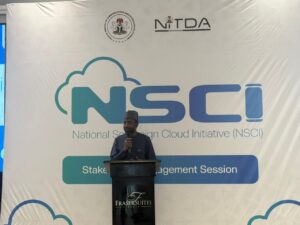The US government is proposing new “know your customer” (KYC) style rules for the cloud computing industry that would require cloud providers to track foreign clients, including their names and IP addresses.
These draft rules, which are open for comment until April 29, are believed to be part of the ongoing tech trade war between the US and China.
US public cloud providers, such as market-leading trio Amazon’s AWS, Microsoft Azure, and Google Cloud, would have to collect information including names and IP addresses from their foreign clients and now have to operate KYC processes around gathering, analyzing and storing these information.
Cloud providers, such as Amazon’s AWS, Microsoft Azure, and Google Cloud, are concerned that such rules could lead foreign customers to choose cloud providers based outside the US, where similar rules are not in place.

The US government is reportedly trying to prevent Chinese companies from accessing AI models and technologies available via the public cloud, as part of its efforts to hinder China’s development of AI through export controls on key components.
Despite these restrictions, many Chinese institutions have been able to obtain Nvidia’s AI GPUs, which are banned from being exported to China. According to Bloomberg, the Chinese government splurged $40 billion in chipmaking equipment imports in 2023.
Gina Raimondo, US Commerce Secretary said her team was working to eliminate national security threats posed by AI development in non-US allies. “These models getting in the hands of non-state actors or people that aren’t our allies is very dangerous,” Raimondo said.





